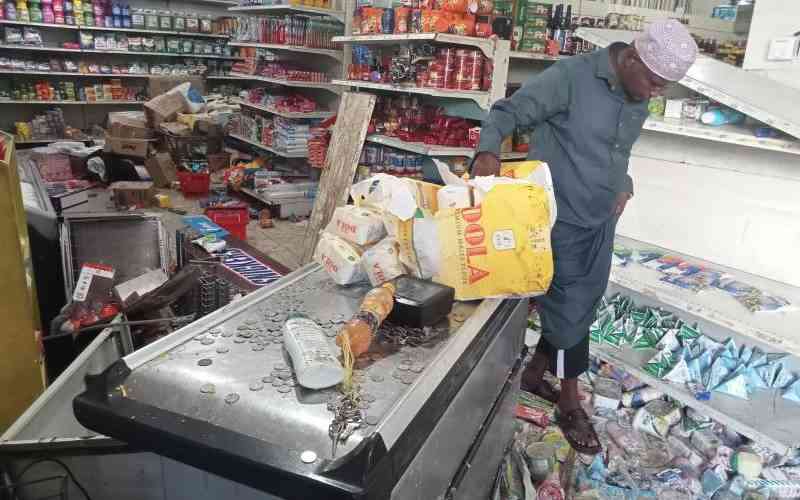×
The Standard e-Paper
Fearless, Trusted News

Businesses have said they are losing billions of shillings every single day as a result of anti- government protests.
If the demonstrations last for an extended period, business confidence will be affected, raising the risk of job losses and other blows to the fragile economic recovery, they say.